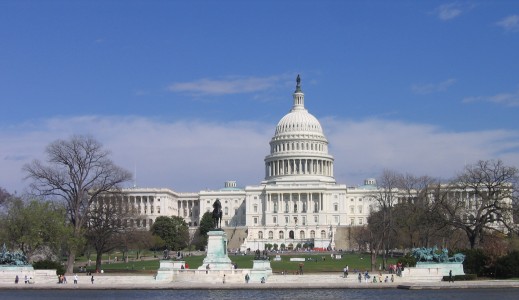United States of America: Toward an Age-Friendly DC – “From the Voices of Washington D.C.’s Older Adults”

Introduction
“Over the past year, the city of Washington D.C., under the leadership of Mayor Vincent Gray, undertook the ambitious task of identifying the needs and desires of the nearly 100,000 older adults living in Washington, D.C. from their point of view. With the help of many partners and volunteers, the Mayor and his staff interviewed or surveyed almost 2,000 people to inform the first DC Senior Needs Assessment in more than 30 years; conducted surveys of 800 people at large public events using an audience response system; and led 30 more intimate and intensive community consultations in every Ward, in several languages and with populations with special needs, reaching several hundred more people.
This assessment is a part of the larger Mayor’s Age-friendly DC initiative, which plans to transform Washington, D.C., into a city that maximizes the potential of its oldest residents. Following the model set out by the World Health Organization’s Age-friendly Cities initiative, the city sought information across all aspects of city life – aiming to inform action across all city agencies and the private sector. The World Health Organization divides these areas of focus into eight domains: outdoor spaces and buildings, transportation, housing, social participation, respect and social inclusion, civic participation and employment, communication and information, and community support and health services. The Mayor’s Age-friendly DC initiative has added two additional DC-specific concerns: disaster preparedness and elder abuse.
The goal of this assessment is to raise broader awareness of the needs and desires of older adults in Washington, D.C. and to inform a Strategic Plan for an Age-friendly DC to be released by the Mayor in 2014. The Plan will guide implementation of new policies and practices across the public and private sectors to make the city more inclusive of older adults. Interviews and community consultations will continue as the Age-friendly DC initiative does, as creating an Age-friendly DC will be an ever-evolving process.”
Read the comprehensive report online [here].

